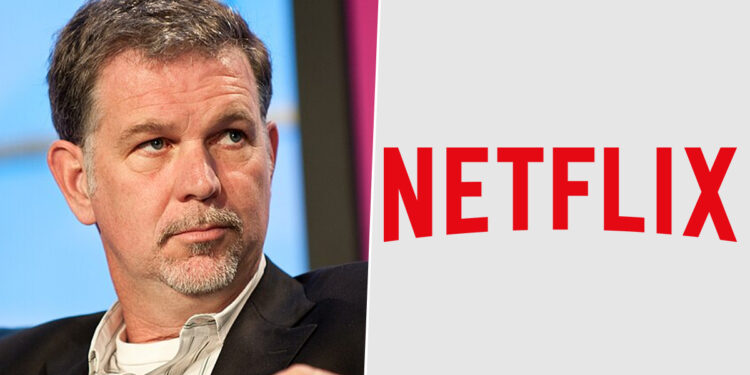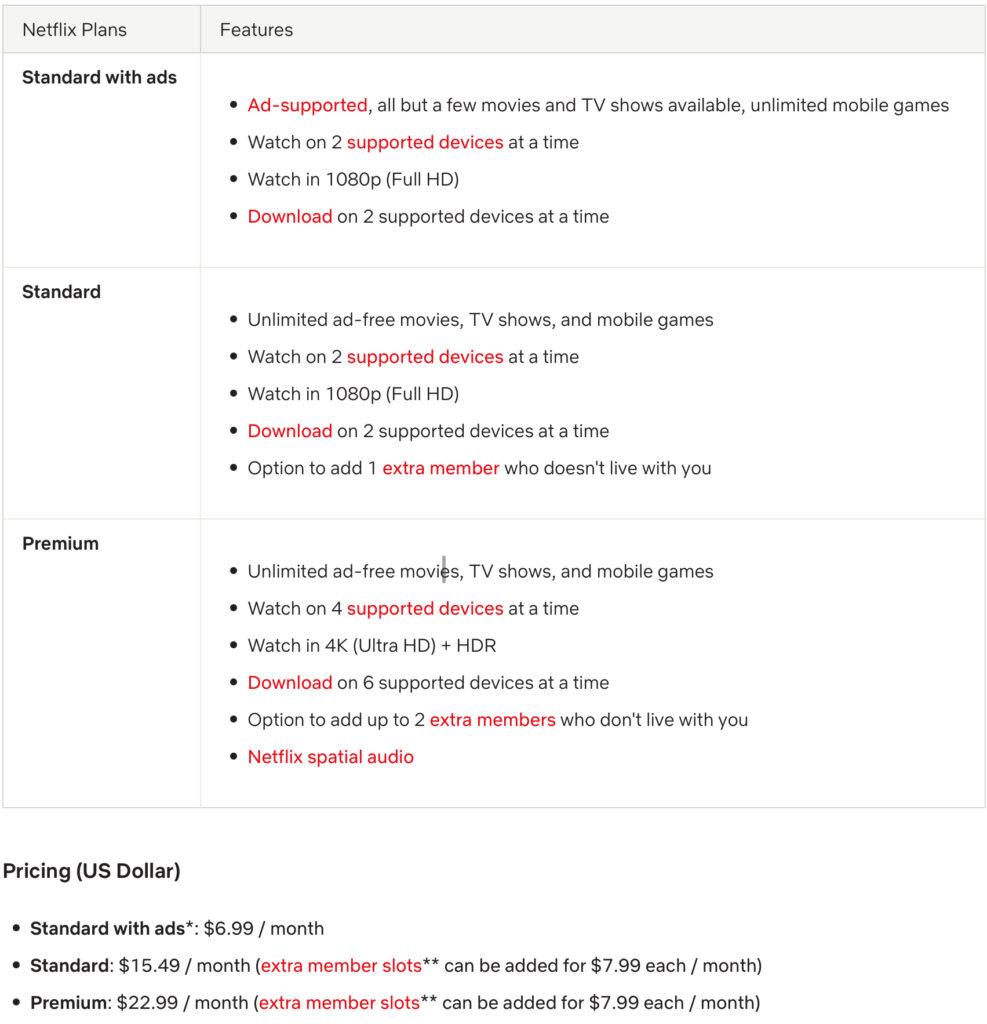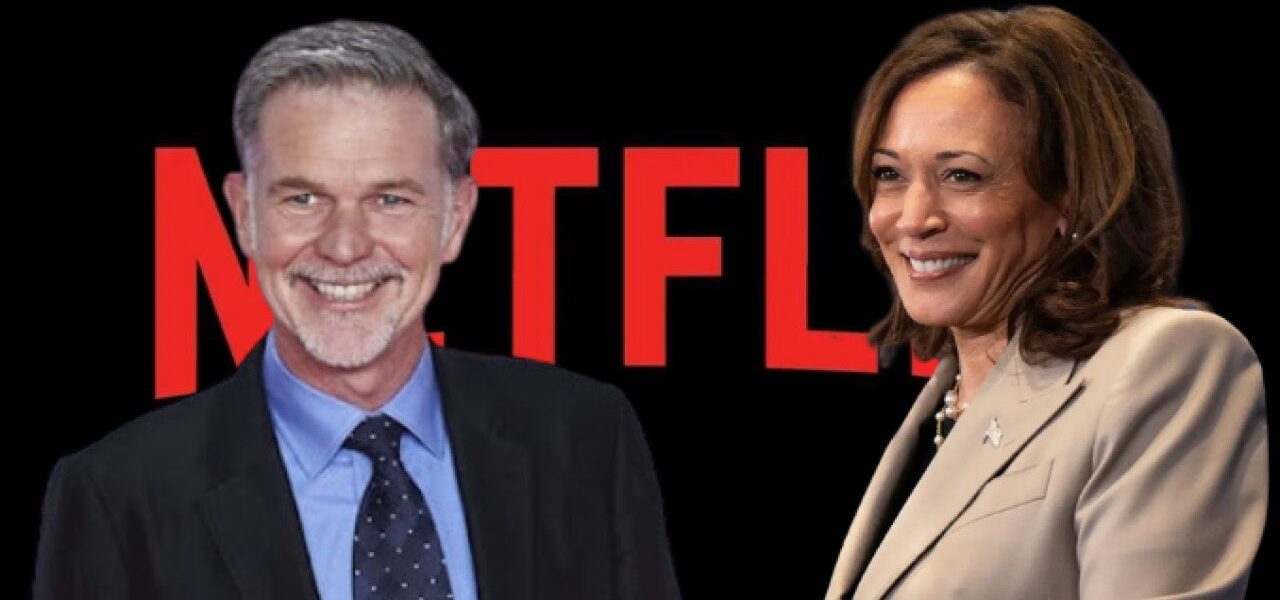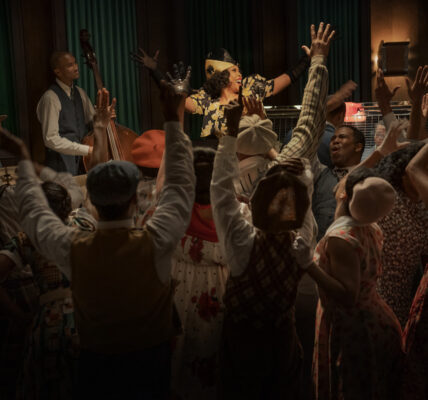Netflix Faces a Surge in Cancellations After Co-founder’s $7 Million Donation to Kamala Harris Campaign and Tier Pricing Shake-Up
Netflix, the streaming giant synonymous with revolutionizing home entertainment, has recently found itself at the center of controversy. Following a staggering $7 million donation by co-founder Reed Hastings to support Vice President Kamala Harris’ presidential campaign, the platform experienced its highest number of cancellations in a single day this year. The timing of this exodus raises questions about the broader implications for the company’s future as it navigates political backlash and its new pricing strategy.

The Political Fallout: Hastings’ $7 Million Endorsement
Reed Hastings, a long-time Democratic donor, made headlines when his significant contribution to a super PAC backing Harris was made public. Hastings, known for his philanthropic efforts in education and Democratic politics, has been vocal in his criticism of current political leadership, even calling for President Biden to step aside in favor of a stronger candidate to challenge Donald Trump in 2024. However, his public support for Harris ignited a firestorm among conservative audiences, who responded by canceling their Netflix subscriptions in protest.
According to Bloomberg and data provided by Antenna, Netflix saw a nearly threefold increase in cancellations following the announcement. Social media platforms, especially X (formerly Twitter), were ablaze with calls for conservatives to cancel their Netflix accounts, underscoring the polarized political climate. July 26, just days after Hastings’ donation was revealed, marked the platform’s worst day for cancellations this year.
Netflix’s Tier Pricing: Fueling the Fire?
But the political controversy wasn’t the only issue Netflix faced this summer. In the same month that Hastings’ donation was disclosed, Netflix introduced a new tiered pricing structure that left many long-time subscribers frustrated.
Netflix recently announced it would phase out its lowest-cost plan, the Basic tier, which offered ad-free viewing at an affordable price. This move effectively forces subscribers to choose between the $6.99 “Standard with ads” plan, which includes limited content and interruptions, or to jump to the ad-free Standard plan at $15.49. For users who had enjoyed the no-ads experience at a lower price point, this change felt like an abrupt and unwelcome shift.

The price hike, combined with the loss of the Basic tier, triggered a wave of discontent among subscribers who felt they were being priced out of a service they had come to rely on. As a result, many users may have viewed Hastings’ political donation as the final straw, prompting them to cancel their memberships in protest of both the company’s political associations and its increasingly expensive service.
The Perfect Storm: Politics and Price Hikes
While Hastings’ $7 million donation certainly inflamed political tensions, the rise in cancellations can’t be attributed solely to this incident. The overlap of political outrage and dissatisfaction with the new pricing model has created a perfect storm for Netflix. Customers who were already unhappy with paying more for the same service now had an additional reason to part ways with the platform.
Data from Antenna shows that the cancellation surge after Hastings’ endorsement was particularly sharp but occurred against a backdrop of rising discontent with Netflix’s business decisions. The pricing structure, which many view as a nickel-and-dime strategy, alienated budget-conscious customers and may have inadvertently handed conservative critics more ammunition.
What’s Next for Netflix?
With the latest spike in cancellations, Netflix is entering a precarious phase. Can it recover from this dual threat of political backlash and consumer dissatisfaction? While the platform remains a giant in the streaming world, the convergence of political division and economic strain could mark a turning point.
In the coming months, Netflix’s financial reports and subscriber counts will be under close scrutiny. If the company continues to shed customers at this rate, questions about the sustainability of its business model will arise. Was Hastings’ donation the catalyst for a broader exodus, or will Netflix’s pricing missteps prove to be the more significant issue in the long run?
As the streaming wars intensify and alternative services grow more competitive, Netflix must ask itself: Can things get worse from here? The combination of political controversy and pricing frustration is a recipe for turbulence, and it remains to be seen whether Netflix can weather this storm—or if this is just the beginning of a larger trend.








